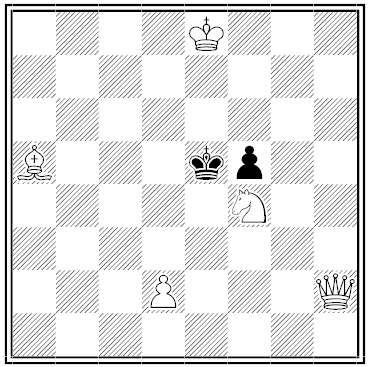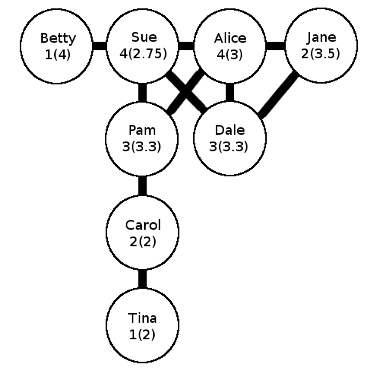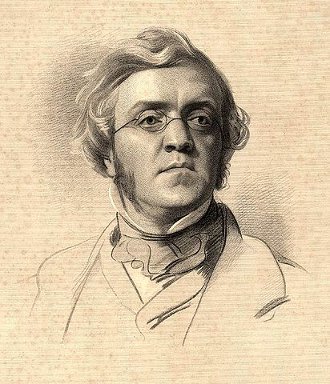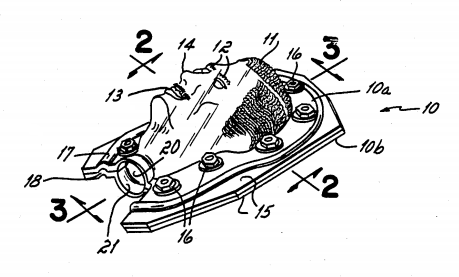Around 1275, a native culture known as the Gallina vanished from northern New Mexico. And almost every Gallina skeleton ever found has been that of someone brutally murdered. No one knows why.
“[Someone] was just killing them, case after case, every single time,” U.S. Forest Service archaeologist Tony Largaespada told National Geographic News in 2007.
Seven skeletons found in a remote canyon paint a typical picture — one had a fractured skull, forearm, jaw, thighbone, pelvis, and several broken ribs; another bore cut marks on the upper arm that suggested blows from an ax. A 2-year-old child had had its skull crushed.
In other cases the victims’ necks have been broken, and the bodies are commonly thrown into a house, which is then burned to the ground.
Possibly this was a genocide, or possibly internecine conflict within the Gallina. Either could have been exacerbated by a drought that is known to have gripped the area around this time. But, so far, no one knows the reason.





